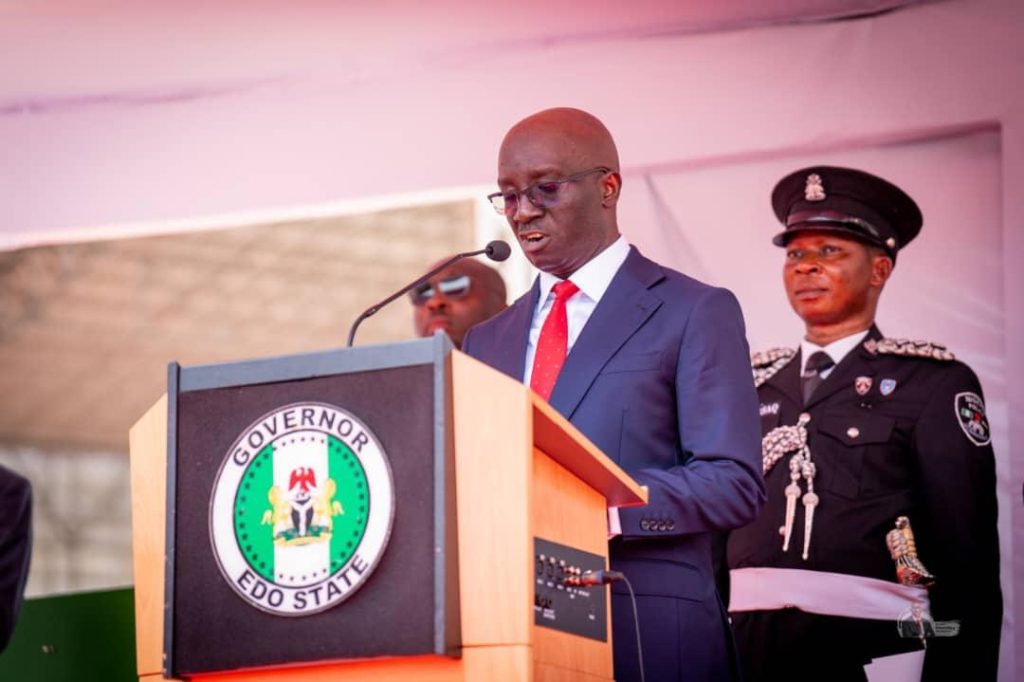Private school proprietors in Edo State have voiced serious concerns over what they describe as crippling taxation and exclusion from key education policy decisions.
During a consultative town hall meeting held in Benin City on Tuesday, members of the Coalition of Association of Private Schools (CAPS) revealed that at least ten school owners have been forced to put their institutions up for sale due to mounting financial pressures.
The meeting, convened to address recent directives from the Edo State Ministry of Education, brought together stakeholders from multiple associations including the Association of Private School Owners of Nigeria (APSON), the Association for Formidable Education Development (AFED), the National Association of Proprietors of Private Schools (NAPPS), and the Association of Model Islamic Schools.
Dr. Ngozi Christy Emuen, APSON’s state chairperson, lamented the burden of multiple levies—reportedly up to nine—including charges for fumigation and other regulatory fees.
She warned that the current trajectory could lead to the collapse of many privately-run institutions, which play a vital role in the state’s education ecosystem.
“Private schools are being pushed to the brink,” Emuen said. “We’ve seen proprietors listing their schools for sale because they can no longer cope with the financial demands imposed by the government.”
Beyond taxation, CAPS members also criticized the state’s recent directive mandating a shift from traditional academic instruction to a skills-based curriculum, particularly for Junior Secondary School (JSS 3) students. While acknowledging the importance of practical education and entrepreneurship, the coalition argued that such reforms must be the product of inclusive dialogue—not unilateral decisions.
Dr. Osagie Erhunmwunse, APSON spokesperson and AFED state controller, emphasized that effective policy must meet three essential criteria: objectivity, inclusivity, and practicality.
“You cannot serve only one segment of society,” he said.
“Policy must be co-created with all stakeholders, especially those who will implement it.” he added.
He added that private school leaders were blindsided by the new directive and urged the government to provide clear support mechanisms for the transition.
“We need to understand how this shift will work in practice. What resources are available? What training will be provided? These are the conversations we should be having.”
The coalition reiterated its respect for the government’s authority to set educational frameworks but called for a more collaborative approach that recognizes the contributions and challenges of private educators.
They urged the Edo State Government to create an enabling environment that supports innovation, sustainability, and shared responsibility in education reform.
As the debate continues, CAPS members remain committed to engaging constructively with policymakers to ensure that reforms are both impactful and equitable—preserving the integrity of private education while advancing the broader goals of the state’s academic transformation.

